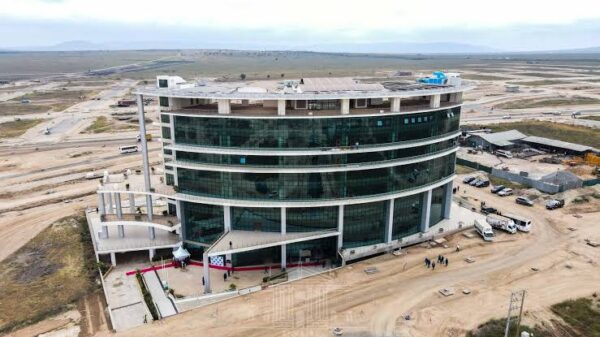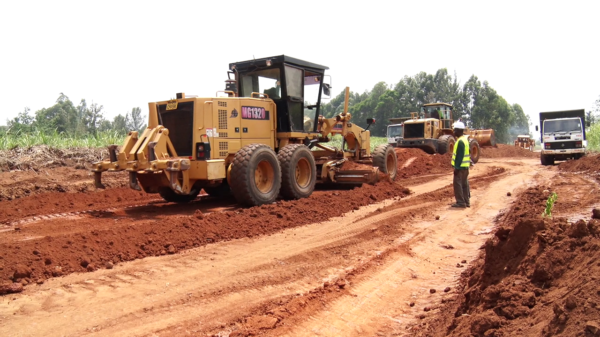BEIJING, April 30 – Japanese Prime Minister Taro Aso called on Thursday for Tokyo and Beijing to unite in facing the world\’s environmental and economic challenges, while playing down concerns over China\’s military power.
In a wide-ranging speech in Beijing, Aso floated the prospect of a bilateral free trade deal and joint peace-keeping operations, and said closer ties between the historic rivals was the only way forward.
"Cooperation between Japan and China is a pre-condition for taking advantage of Asia\’s potential as the growth centre for the 21st Century," Aso told a gathering of business leaders from both nations.
Aso, who met Chinese President Hu Jintao later Thursday for the final major engagement of his two-day trip, talked about working together to overcome the "once-in-a-century global economic and financial crisis".
"It\’s extremely important that Japan and China, the world\’s second and third largest economies, keep in step with each other," he said when talking about tackling the economic downturn.
"We confirmed that Japan and China jointly work on issues such as macroeconomic policy centred on measures to boost domestic demand, preventing protectionism, and supporting other Asian developing countries."
As evidence of the benefits of a closer partnership, Aso pointed to a major steel factory in Beijing that he visited on Thursday morning which is using Japanese technology to cut greenhouse gas emissions.
"I saw an admirable case of realising both an improvement in… energy conservation and steel production through a Japan-China joint project," he said.
"China is the world\’s largest crude steel producer, while Japan has the world\’s most advanced environmental and energy-conservation technologies.
"Today I hardened my convictions that by uniting the two factors, Japan and China can make a great leap forward."
Aso also raised the highly sensitive issue of China\’s rising military might, which has caused concerns in Japan, the United States and its allies amid complaints about what they say is a lack of Chinese transparency.
"We know that China has a resolution to contribute to building a peaceful and prosperous world," he said.
"I expect that China\’s behaviour will be in line with this resolution, thereby causing no worries or anxiety in the region and in the world."
Aso called on the business leaders in the audience to think outside the box in devising ways for the Asian neighbours to work more closely.
"I think we can discuss the possibility of a Japan-China economic partnership agreement (free trade deal)," he said.
"It is also important to discuss cooperation in the area of peace-building, such as arms reduction and non-proliferation, peace-keeping operations, anti-piracy and sea lane defence."
Aso\’s trip to China has primarily been aimed at pushing forward a recent thaw in relations between the two nations, and on Wednesday he met Chinese Premier Wen Jiabao for two hours.
Aso and Wen discussed a wide range of issues including the global economic downturn, the swine flu threat and North Korea\’s nuclear ambitions.
But despite the focus on warming relations, sources of friction did surface.
Aso last week upset China with an offering to Tokyo\’s Yasukuni war shrine, which honours Japanese killed in World War II but also 14 prominent war criminals.
China, which remains embittered by Japan\’s brutal wartime occupation, quickly protested over the offering and Wen raised the issue again during his meeting with Aso.
"Historical issues are sensitive and affect the feelings of a nation\’s people. It is hoped the Japanese side can endeavour to handle them properly," China\’s official Xinhua news agency quoted Wen as telling Aso.
Nevertheless, relations have warmed significantly since the 2001-2006 administration of former Japanese prime minister Junichiro Koizumi, who infuriated China with his annual visits to the shrine.


































